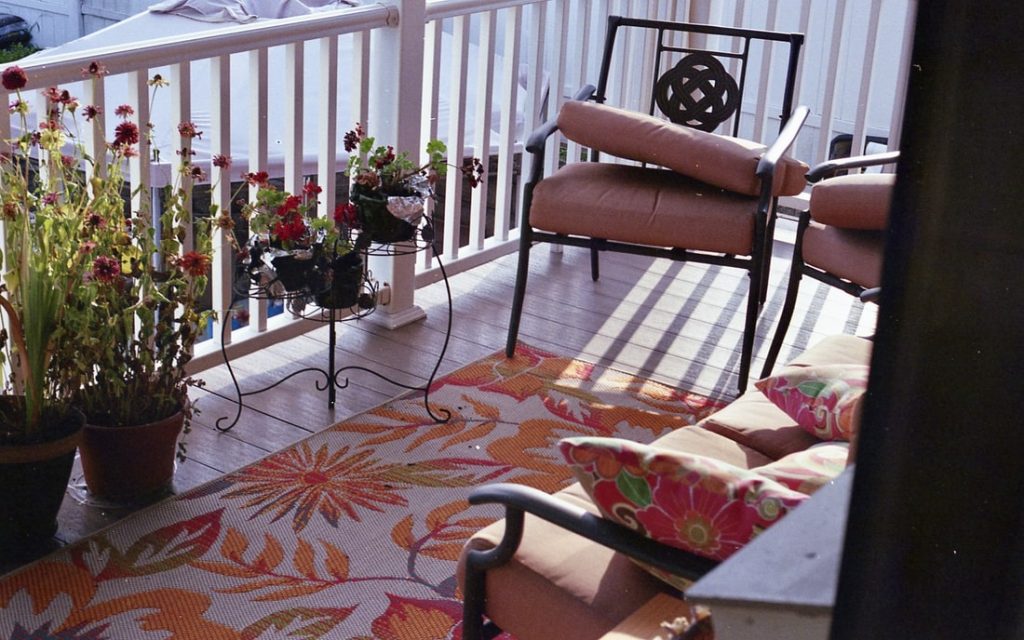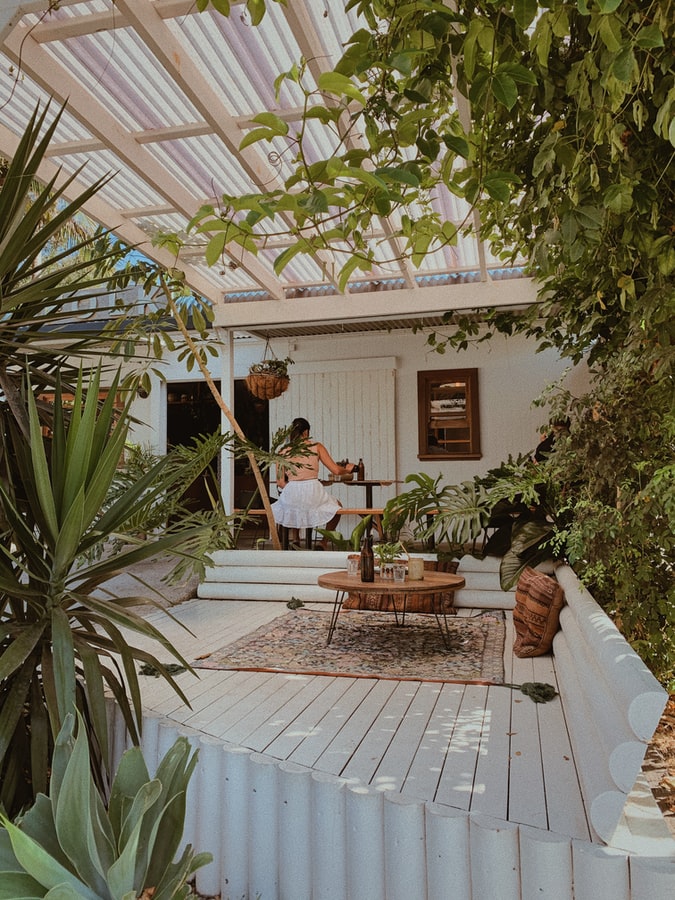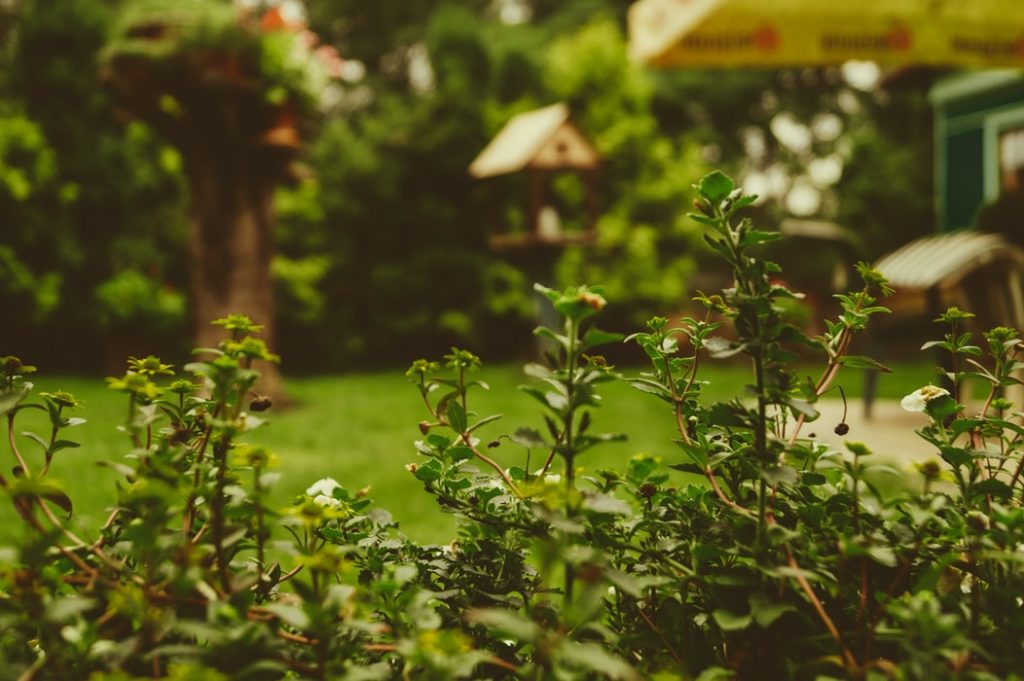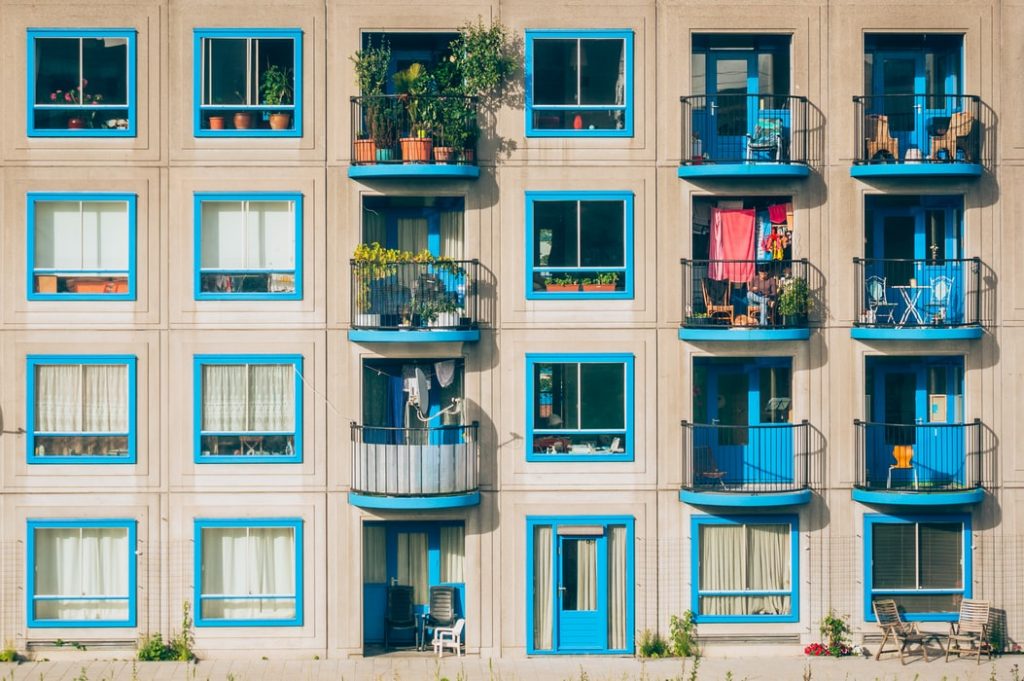The German Staycation Posted by Constanze on May 27, 2020 in Culture, Holidays, Language
Guten Tag! I hope you’re all well and staying safe during the pandemic (die Pandemie). Here in the UK, restrictions are gradually being eased and, as a result, people have been flocking to the beaches to enjoy the sunny weather. But many are uncomfortable with the amount of people in those public places and are choosing to spend their time at home, in their gardens or on their balconies. The question of this year’s summer holidays (die Sommerferien) is still up in the air, too, as even if it does end up being possible to travel over the next few months, I’m sure many people will choose to have a ‘staycation’, instead.
Judging by the headlines I’ve seen lately, there will be many in Germany who will do the same. Luckily, the Germans have some cheery little words that really show us how to have a positive attitude about a holiday at home! 🙂
Balkonien
One, light-hearted way of saying you’re staying at home for the summer holidays is by saying you’re going on holiday to Balkonien. No, this isn’t an exotic holiday destination, but the word der Balkon (balcony) and the suffix -ien, which is the ending of many country names in German: Sardinien (Sardinia), Italien (Italy), Spanien (Spain), Bulgarien (Bulgaria), Großbritannien (Great Britain), Algerien (Algeria), Indien (India), and many more. If you’ve got a balcony, and you’re fully intending on spending the majority of your summer on it, then congratulations – You’re going on holiday to Balkonien!
Terrassien
Similar to Balkonien, this is the word die Terrasse (terrace) without the final e, and with -ien added onto the end of it. This is for those of you who don’t have a balcony, but perhaps have a nice terrace, patio, porch or other outdoor space you can spend your summer relaxing and sunbathing on. Congratulations – You’re going to Terrassien!
Note: An alternative form is Gran Terrassia – a nod to the Gran Canaria.
Bad Meingarten
Maybe you don’t have a balcony or a terrace, but you have a garden. In this case, you can say you’re going on holiday to Bad Meingarten. The second word, Meingarten, is the words mein (my) and der Garten (garden) put together. The first word, Bad, means bath or spa in German. In Germany, official spa towns have the word Bad in their name. Examples include Bad Abbach and Bad Griesbach in Bavaria, but there are many, many more. These are towns whose air or water has been tested and approved for its purity and healing properties. People can get sent to one of these spa towns for a break, known as a Kur, if they are ill. You can read more about that here. These towns must maintain their high standards, or their official status as a spa town gets taken away. Many towns are named spa towns, but only governmentally approved ones have the word Bad as a prefix. So essentially, by saying you’re going to Bad Meingarten, you’re giving your garden the grand title of an officially approved spa town. And why not?! Enjoy your relaxing holiday in Bad Meingarten!
*
I hope you’ve enjoyed this post on German staycations. Do any of the above apply to you? Personally, I’ve been spending a lot more time in Bad Meingarten lately, and I’m slightly ashamed it took me this long to really enjoy and appreciate the outdoor space I have! While we may be restricted in what we can do and where we can go at the moment, I hope you’ll agree that this time gives us a whole new level of appreciation for our own spaces. 🙂
Fellow German blogger Larissa is updating us on the situation in Germany as it unfolds, so be sure to follow her posts on the subject!
Bis bald (see you soon)!

Build vocabulary, practice pronunciation, and more with Transparent Language Online. Available anytime, anywhere, on any device.








Comments:
Maggie McCloskey:
Love your blogs and videos!
Constanze:
@Maggie McCloskey Glad to hear it, Maggie.
Fred L:
@Maggie McCloskey Trying to learn German language; Since have German last name. Any help would be appreciated Stay safe and young